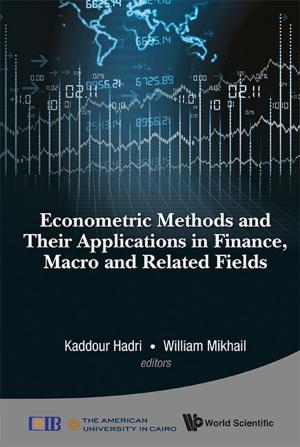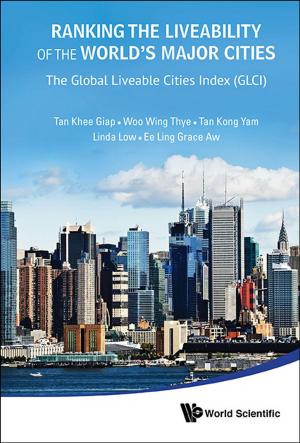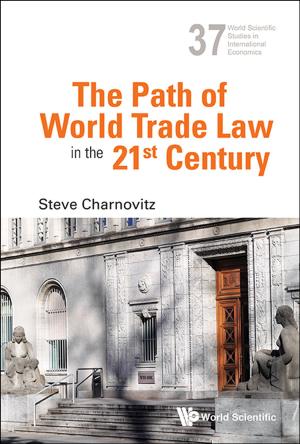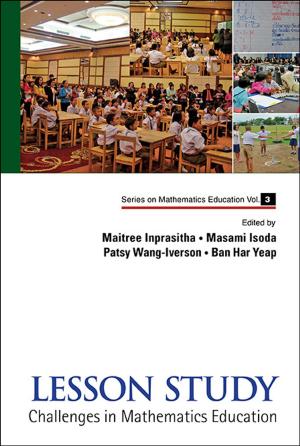Tycoons in Hong Kong
Between Occupy Central and Beijing
Nonfiction, Social & Cultural Studies, Political Science, Politics, Economic Conditions, International, Business & Finance| Author: | Tai Wei Lim, Xiaojuan Ping | ISBN: | 9781783269815 |
| Publisher: | World Scientific Publishing Company | Publication: | July 21, 2016 |
| Imprint: | ICP | Language: | English |
| Author: | Tai Wei Lim, Xiaojuan Ping |
| ISBN: | 9781783269815 |
| Publisher: | World Scientific Publishing Company |
| Publication: | July 21, 2016 |
| Imprint: | ICP |
| Language: | English |
This book seeks to survey the role of tycoons in Hong Kong's socio-political and socioeconomic developments. Summoned to Beijing just before the onset of the territory's longest social movement, it highlights the tycoons' symbolic intermediary role between Beijing's elite and the people of Hong Kong. Also investigated is the unwritten social contract between Beijing's elite and Hong Kong society — that the tycoons will be rewarded economically or left alone to conduct their business activities if they remain compatible with Beijing's policy directions (or at least remain neutral in contentious issues) and facilitate policy implementation if necessary. Tycoons in Hong Kong has three research objectives: first, in understanding the roles that tycoons play in Hong Kong, it is necessary to understand Beijing's crafted political and social spaces for Hong Kong's economic elites to exert their influence. Second, it examines the integrated roles that the tycoons play as consultative members of the Chinese one-party socio-political structures. Third, it presents the humanized side of the tycoons, highlights the positive contributions that tycoons make to Hong Kong and mainland China and deconstructs the idea of a hegemonic tycoon class by emphasizing their heterogeneity in the biographical entries section of the publication.
This book seeks to survey the role of tycoons in Hong Kong's socio-political and socioeconomic developments. Summoned to Beijing just before the onset of the territory's longest social movement, it highlights the tycoons' symbolic intermediary role between Beijing's elite and the people of Hong Kong. Also investigated is the unwritten social contract between Beijing's elite and Hong Kong society — that the tycoons will be rewarded economically or left alone to conduct their business activities if they remain compatible with Beijing's policy directions (or at least remain neutral in contentious issues) and facilitate policy implementation if necessary. Tycoons in Hong Kong has three research objectives: first, in understanding the roles that tycoons play in Hong Kong, it is necessary to understand Beijing's crafted political and social spaces for Hong Kong's economic elites to exert their influence. Second, it examines the integrated roles that the tycoons play as consultative members of the Chinese one-party socio-political structures. Third, it presents the humanized side of the tycoons, highlights the positive contributions that tycoons make to Hong Kong and mainland China and deconstructs the idea of a hegemonic tycoon class by emphasizing their heterogeneity in the biographical entries section of the publication.















